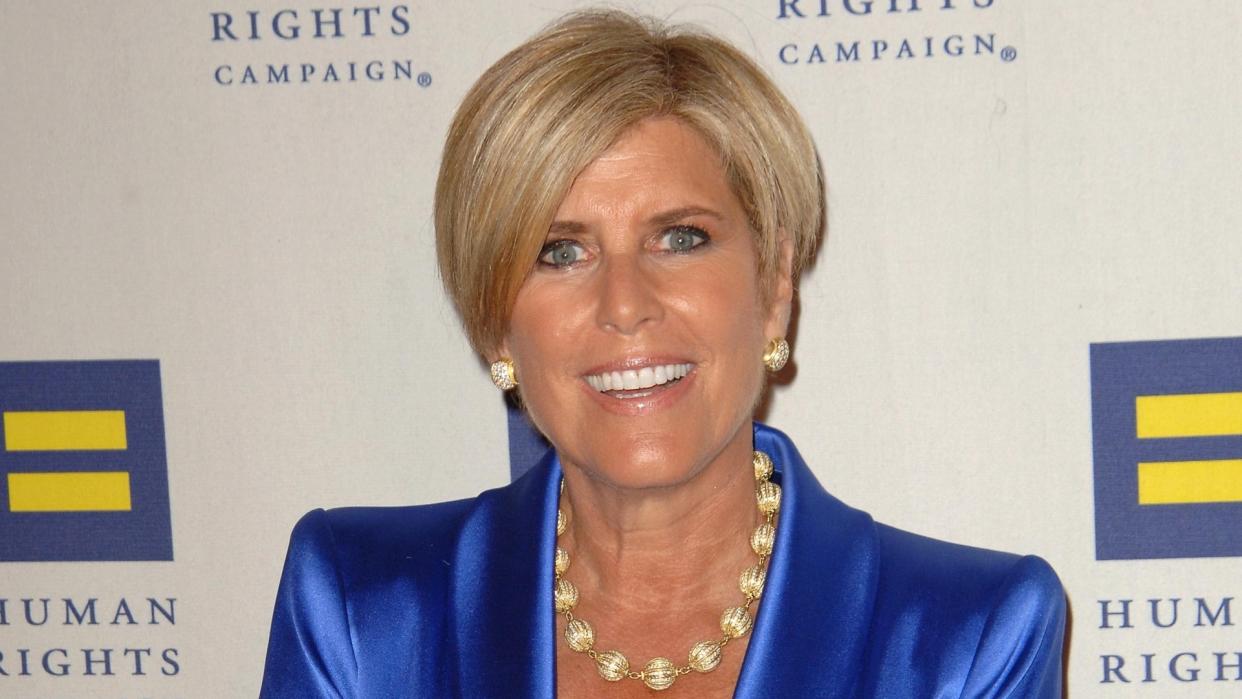Suze Orman: CDs ‘Can Make Sense Now,’ But Aren’t a Magical Investment Solution

Finance guru Suze Orman recently offered up a take regarding the silver lining of rising interest rates — faster ways to save. And that includes investing in certificates of deposit, or CDs.
See: Suze Orman Cautions Against Investing Emergency Funds in Two Common Places — Here’s Why
Find: 3 Things You Must Do When Your Savings Reach $50,000
Her new guide to CDs explained: “Ever since the financial crisis began in 2008, it has generally not been possible to earn much of an APY (annual percentage yield) on most CDs.”
Rising interest rates and the growth of online banks with low fees and higher interest rates, however, have changed that.
Orman’s new guide explains the basics of CDs, how they differ from traditional savings accounts and how to get the best rates.
Why CDs Differ from High-Yield Online Savings Accounts
CDs and high-yield online savings accounts both currently offer interest rates from roughly 1% APY up to 4% APY and sometimes even higher. Both are either FDIC (Federal Deposit Insurance Corporation) or NCUA (National Credit Union Administration) insured for up to $250,000 per account holder, per account type.
But there are some significant differences you should understand before deciding where to put your money.
CDs have a fixed rate and term. When you open a CD, you will get a set interest rate and a fixed term, typically ranging from 3 months up to 5 years. Some financial institutions, such as JPMorgan Chase, offer CDs with terms as short as one month or as long as 10 years. On the other hand, savings account interest rates can fluctuate based on the prime rate.
CDs often have a larger minimum deposit required. While some savings accounts — like Capital One 360 — have no minimum deposit required, most CDs require $500 or more to open the account.
CDs often have early withdrawal fees. If you withdraw your money before the CD matures, you may have to pay early withdrawal fees, in addition to losing out on the interest you could have earned.
CDs sometimes have better interest rates. Because the financial institution is keeping your money tied up in a CD, they often offer higher APYs for CDs than for savings accounts.
In general, the longer the term, the higher the APY. However, sometimes CDs deliver the highest APY for popular one-year terms. For instance, Forbright Bank currently has a 12-month CD with an APY of 5.20%. Keep an eye open for special promotional rates like these.
Take Our Poll: Are You Concerned About the Safety of Your Money in Your Bank Accounts?
Why Suze Orman Says CDs Are Not a Magical Savings Solution
Locking your money into a fixed interest rate could be a gamble. If you think interest rates will continue to rise, you may not want to keep your money in an account at a fixed interest rate for 12 months. On the other hand, if you think interest rates will fall, it’s a good idea to lock in now.
Right now, economists aren’t certain what steps the U.S. Federal Reserve will take regarding interest rates over the next several months.
Also, Orman warned against tying up money in an account where you might have to pay penalties and fees to access it. First, you want to have substantial savings already tucked aside for an emergency, plus at least one year of living expenses.
For retirees, Orman recommended increasing that savings goal. “You know I think you should have a few years of living expenses set aside in safe savings (in addition to your regular emergency savings),” she said in her guide.
Having three to five years in savings can help retirees avoid touching their stock investments in a bear market, she said.
And, she added, you shouldn’t look at CDs as a magical solution for retirement savings. “To have the best shot at earning long-term inflation-beating gains, you need to be invested in the stock market. But for the safe part of a diversified portfolio, CDs can be a smart complement to savings accounts,” Orman wrote.
More From GOBankingRates
This article originally appeared on GOBankingRates.com: Suze Orman: CDs ‘Can Make Sense Now,’ But Aren’t a Magical Investment Solution
